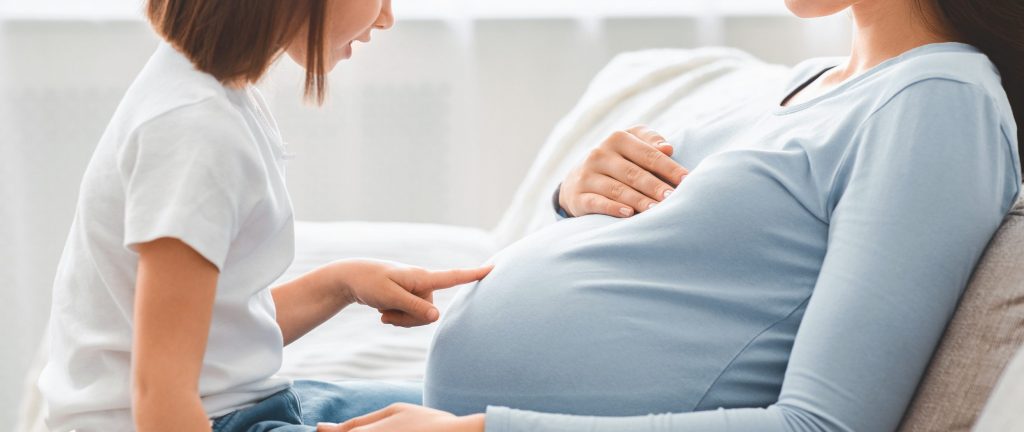When the load in your tummy increases, is it natural for you to feel backpain? Many pregnant women do not seek solutions to ease their pain as they feel that it is part and parcel of a pregnancy. Even though reports show that this is prevalent in 50 to 70 percent of pregnant women, the light in the tunnel is that there are ways to manage it.
Taking steps to alleviate the issue early is strongly encouraged as pain can persist even after labour.
Why does my back hurt during pregnancy?
A multitude of factors contributes to women experiencing a painful back. Here is a list of potential causes:
Hormonal increase
Hormonal changes during pregnancy soften joints and decrease the ability to support, resulting in more pressure on muscles.
Changes in centre of gravity and weight
The baby naturally adds weight, shifting the body’s centre of gravity. This affects posture and necessitates more effort in supporting a heavier weight, increasing the risk of back sprains.
Stress
Stress targets vulnerable areas in the body, and due to the changes in the pelvic area, women may suffer from back pain during stressful periods of pregnancy.
Pre-existing back problems and complications
If you already have a back problem, pregnancy can aggravate the condition. Some common back problems are:
Prolapsed intervertebral disc
Also known as slipped disc, the condition may be exacerbated during pregnancy due to the increased fetus size. The pressure will likely worsen the herniation of the prolapsed disc.
Previous back injury or trauma
Previous muscle or disc tears may have weakened the back, and pregnancy, due to abdominal pressures, add strain to the area. Sometimes inflammation may result.
Facet joint hypertrophy
The added weight causes the facet joint to experience incremental amount of strain and stress.
Increased canal stenosis
If your spinal canal has already been narrowed due to a slipped disc or bone spur, the shift in centre of gravity and weight will increase the chance of nerve compression.

Does epidural cause back pain?
There is a myth that epidural analgesia leads to back pain. The truth is that women who do not undergo epidural may also experience back pain. Most back pain (80%) during or after pregnancy is related to muscle and ligamental sprain. There is 20% chance of a co-commitent condition such as slipped disc or disc tear/injury, It is when the epidural procedure is traumatic and difficult that the likelihood of trauma to the spine occurred, causing back pain. Most of the sprain-related back pain is treated conservatively with stretches and exercises.

How can I manage my back pain?
Even though back pain may not be prevented, there are numerous ways to reduce the severity or frequency of pain.
Exercise
Doctor-approved exercises can strengthen and support the back. They are divided into stretches and strengthening exercises.
1. Stretches include yoga and pilates. These will stretch the over- strained muscles and weakened ligaments during pregnancy.
2. Strengthening exercises include aerobics, resistance training, swimming and Cardio work out. These will work on core muscles to provide the tonic strength needed to prevent recurrence of back strain at different stages of pregnancy.
Rest
Getting plenty of rest will help. While doing so, elevating your feet will prove to benefit your back. When sleeping, avoid doing so on your back, but lie to your side. Add a support pillow under your knees.
While bedrest is the default mantra for all pregnant mothers, a word of caution not to indulge in excessive rest. Too much rest may result in deconditioned muscle tone, increasing risk of sprain to the increasing load exerted by the growing belly.
Dealing with pain
Using an ice or heat pack will soothe the back. Taking medication such as Paracetamol can reduce inflammation and wearing braces or support devices can correct posture.
If the pain persists, especially after labour, it is best to speak to our Paincare Specialists.
We adopt new ways of treating back pain with non-surgical, minimally-invasive procedures. These specialised injections are safe to be given during pregnancy as well as post delivery. There is little to no down time nor side effects. These treatments effectively stop the pain and allow the mother to recover quickly and focus on the baby.



